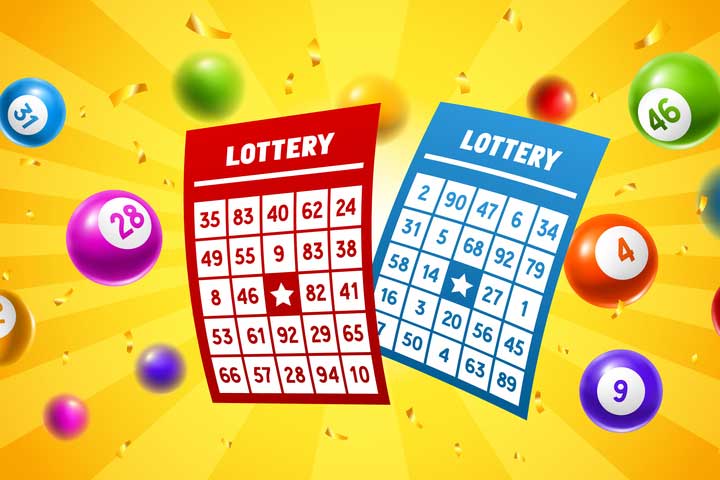
A lottery is a game in which people have a chance to win money or other prizes. There are many different types of lotteries, including state and national lotteries and instant games. Each type of lottery is governed by different laws and has its own rules. Some of these rules are specific to the type of lottery, while others are universal. Regardless of the type of lottery, it is important to understand how the rules work so that you can make the best decisions about your participation.
The first lotteries were held in the Low Countries in the 15th century to raise funds for towns and town fortifications. Prizes were often in the form of money, but sometimes other goods and services were given away as well. There is also evidence that lottery games were used in ancient times, particularly in the Roman Empire. For example, the Old Testament has a passage (Numbers 26:55-56) that describes Moses using a lottery to distribute land.
In the modern era, lottery has become a popular way to finance government projects, as well as a tax-free alternative to other forms of revenue. The oldest running lottery is the Dutch Staatsloterij, which began operations in 1726. Although lotteries have been abused by criminals and corrupt politicians, they are generally a painless method of raising funds for public usages.
People play the lottery for all sorts of reasons. Some players are convinced that their numbers are “luckier” than others, while others have a sense of compulsion to buy tickets. It is possible to improve your odds of winning by following certain strategies. These include avoiding superstitions, ignoring hot and cold numbers, and choosing a combination of numbers that is mathematically sound.
Mathematically speaking, no number is luckier than any other. All numbers have equal probability of being selected in a draw. However, some patterns are better than others. For instance, a combination of five consecutive numbers is much more likely to appear than a random combination. In addition, your odds don’t get any better if you play for longer.
When it comes to the prize money, the winnings are usually paid out in a lump sum or annuity. The former option is typically a smaller amount than the advertised jackpot, because of the time value of money and income taxes that may be applied to the winnings. However, the winnings are still a welcome relief for people who are struggling to meet their daily expenses. The truth is that most people don’t have the luxury of skipping the lottery. Even if you don’t have the budget to afford a ticket, you can always try your luck at other free online lotteries that offer similar prizes. These games can also be a fun and exciting way to spend your spare time. Just be sure to use a reliable lottery codex pattern calculator. This will help you calculate the odds of winning, so that you can make the right choices for your next lottery play.